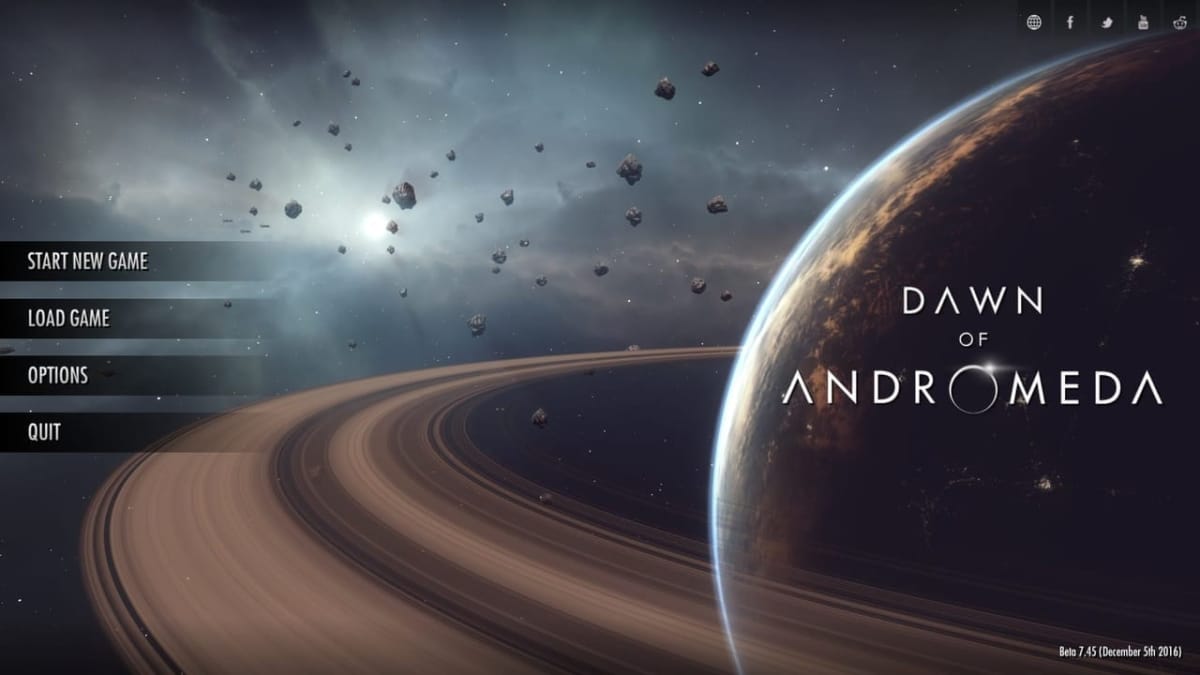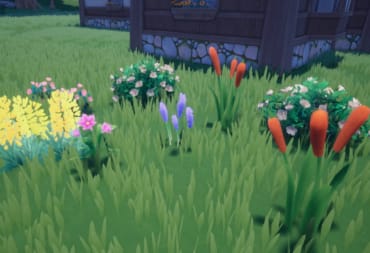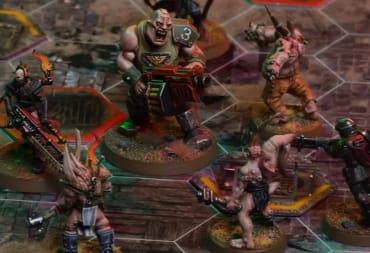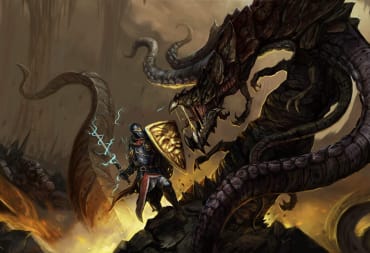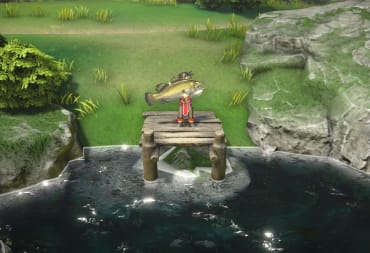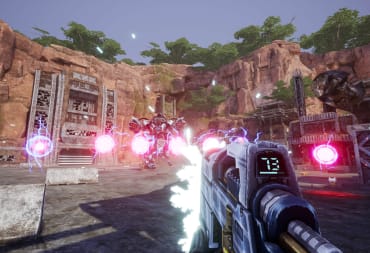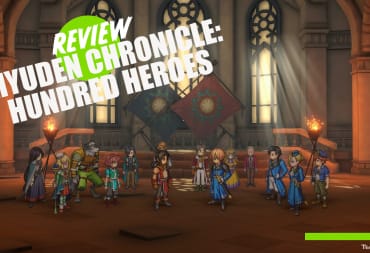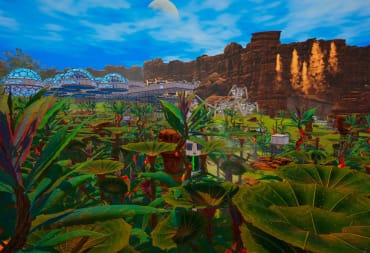It's difficult to fully understand what's wrong and what works regarding Dawn of Andromeda. When you start it up, you're greeted with a title screen mimicking every other space-based 4x: a planet and some ships moving slowly in the background. Lilting orchestral music plays as you choose your game, and interestingly enough, there's actually some significant differences right from the beginning to make Dawn of Andromeda fairly unique. Choosing an era of the game's lore will drop you into your choice of pre-built scenarios with a series of key empires reacting to various political or natural issues that arise. Setting up a game this way feels remarkably like a Paradox game set during a specific period of history where you can choose whatever side of a global conflict you would like to try dominating with. In this way, you can quickly learn much of the lore of the playable races and especially get to understand their individual play styles.
That sounds fascinating, at least until you start playing these eras. In your first game, you're washed away by unique new features and beautiful ship designs in a real-time strategy environment similar to Sins of a Solar Empire. In your second game, you'll realize just how old everything has gotten. Dawn of Andromeda does not lack in good ideas, but it certainly lacks the initiative to link them together in meaningful ways, and the lore seems more fleshed out and interesting than it actually is. It presents a complex veneer of artful shapes and colors without actually providing a good foundation on which to place this veneer.
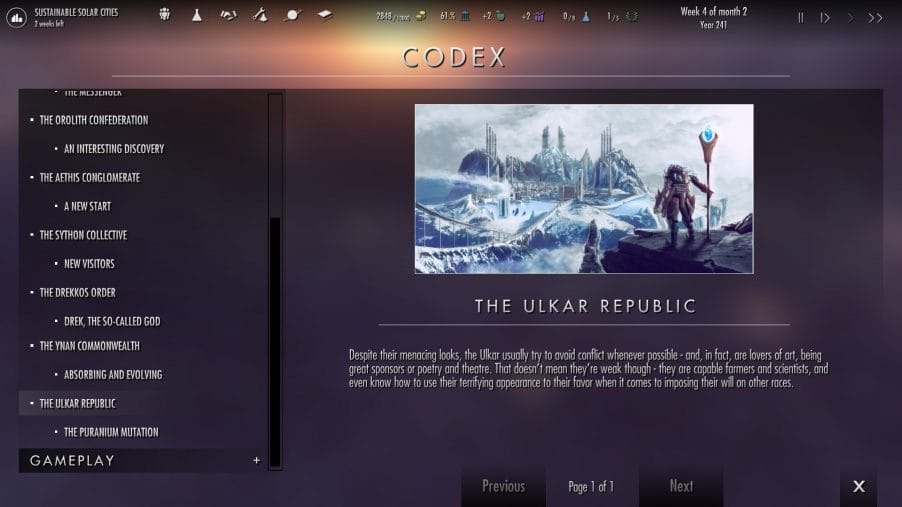
When starting out, you can choose from one of the many factions already built, or create your own with a very limited race creation system. This feels ultimately pointless, since the options for race creation are simply built from the other, pre-made races, and you're forced to choose a set number of those traits. You cannot, for instance, create a race that excels in nothing but farming. You must choose five strengths and weaknesses, no matter how powerful or weak those strengths and weaknesses are. Once you've chosen (or built) your race and the races you'll be playing with, you can choose to start with nothing but an expeditionary ship or an advanced empire, which makes creating an immersive scenario quite simple.
You'll be quickly introduced to what is by far the best idea in Dawn of Andromeda. A realistic and interesting take on building up the power of your planets relies not on constructing individual new buildings to make your populations happier or more productive, but on investing in various kinds of infrastructure. You're granted a number of points depending on your technology level to increase certain statistics of your various colonies, allowing the populations on your planets to construct their own space casinos with your space money. By putting more development points into housing infrastructure, for instance, you can increase your growth rates and maximum population. By putting money into research grants, you can increase the scientific production of your colony. Nothing increases slowly on its own unless you automate this process by hiring governmental employees to manage your systems.
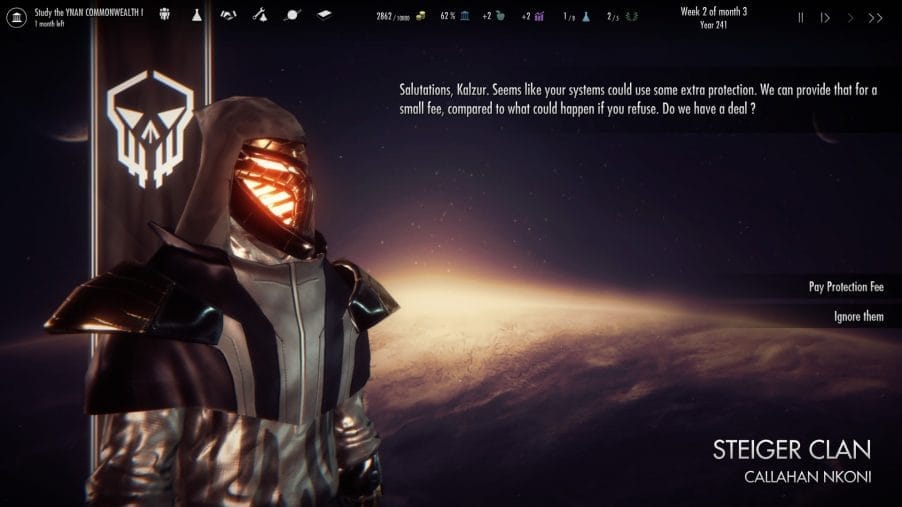
Hiring is simple, and in fact, doesn't require any real input on your part. From the very beginning of the game, you must choose a ruling council from a pool of characters with often differing traits. Everything from fanatical militarist dictators to liberal progressive populists is available, and choosing varying members of a council could lead to issues down the road when they begin to disagree on how you're leading your population. The political landscape is fairly simple to control, and while it leads to interesting stories and dialogue, it often feels like a pale echo to nearly any other 4X system with a political side to it. The disagreements of your council will more often than not simply lead to someone quitting, rather than a vast network of political uprisings and backroom sabotage like you might find in Crusader Kings. A governor of a colony that wants to secede from your empire because he doesn't like your education funding will simply give up control of the planet and retire to your ocean world in a huff. The potential for an interesting political discourse as you vie for control of a popular resource world from one of your own subjects is certainly there, it just doesn't feel as if it's fully implemented.
In fact, the same thing can be said for much of the rest of the game. Parts of it feel cobbled together from parts of Paradox and Stardock games, hoping to mimic the success both of those developers have had from their own unique takes on the 4X genre, but it leaves you feeling hollow. Your worlds never end up looking or feeling unique, and habitability is practically the same for all races. Your faction might prefer a desert world, but that never stops them from loving an ice ball of a planet if the habitability modifier says it's "decent". Even the beautiful visuals feel marred by a strange design choice of adding sepia tones to almost everything. It's as if the artists thought shades of brown would equal success. I can see how some of the planets had some fantastic detail added to them, but the detail is washed out by a burnt brown filter. The ship designs are interesting and unique (even one or two that are tongue-in-cheek, like the big-brained aliens using flying saucers), but they all appear blurry and unfocused to obscure details that I can only barely make out. Even the character models for the races have fantastic and unique designs to them that are similarly marred by this blurry filter.
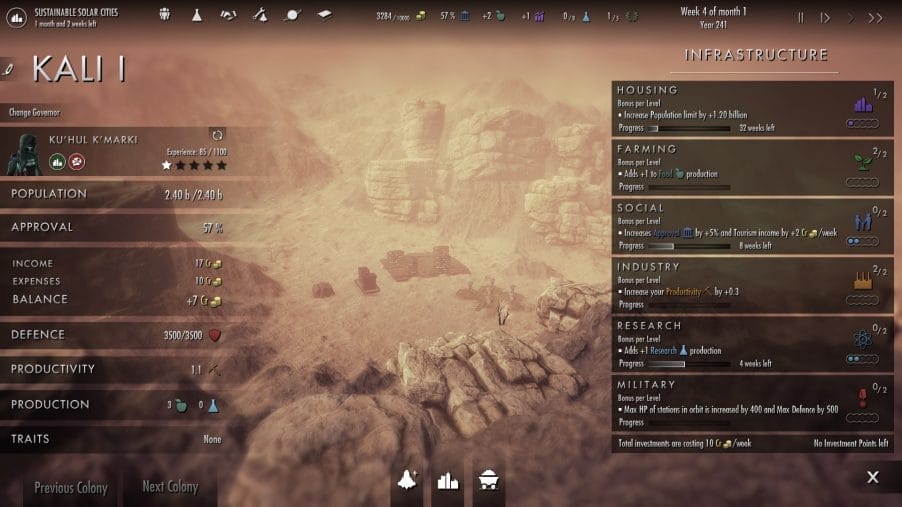
Along with this failure in cultivating what potentially could have been a wonderful aesthetic, the music design was, as far as I can tell, performed by someone who fell asleep on a synthesizer. After the third screeching sound calling itself background music, I had to turn off Dawn of Andromeda's music completely and play the music from other sci-fi games. With the change in music, it felt significantly easier to play, and I dove a little deeper into the systems involved. To perform diplomatic actions requires the "influence" resource, which is gathered slowly by a large number of factors, such as empire size, the makeup of your council, the type of government you have, etc. Using small amounts of influence could let you disarm dangerous social and political events, enact trade agreements, and even convince primitive civilizations to join your empire. Food is another resource you must produce, and it's shared among your empire. If you have a surplus, you can even choose to sell it to other empires to make extra coin, and having a nice balance of coin in your coffers will increase your "prosperity". Prosperity is a measure of how unified your empire is towards the goal of supremacy. For a peaceful race, this might be having many trading empires, funding your tourism infrastructure, increasing your empire's happiness levels, and of course, being at peace. As your prosperity level increases, so does your resource collection rate, and the speed at which your civilians will build infrastructure.
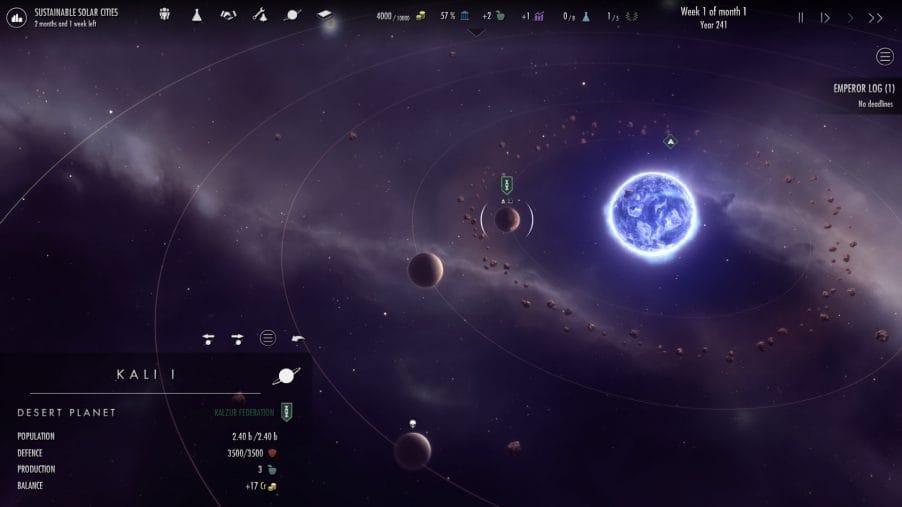
Technology is gained on a point-by-point basis in Dawn of Andromeda. Building a level of research infrastructure will increase your research level by a single point. Most empires start with a maximum level of five in the research category, meaning you must find ways to increase your cap if you want to spend less than three months trying to figure out how lasers work. Speaking of time, the whole game is operated from the standard of week-long increments, making it often difficult to tell exactly when a production might finish. Building a colony ship tells you it will be complete in "less than a week", but you're not sure how long that might actually be. It's only a minor complaint, but in reality, it severely hampers your ability to time anything in the production category, and you find yourself waiting for your ships or buildings the way you might wait for the light at an intersection to turn green. You know it's coming, and you know it doesn't actually make much difference when it happens, but it's still eating into time you could be doing something else with.
Over all, this feels like it could be a great addition to the genre, but for so many small reasons, it's merely a weak addition. Too many pieces feel like they are stolen from old Europa Universalis patches, and the beautiful looks are marred by a thin sheen of muddy focus. It's the video game equivalent of a Christmas special: fun for die-hard fans, but otherwise missing so many things to make it actually canon. Dawn of Andromeda is the rock at the top of a hill full of potential, but so many tiny pebbles and blades of grass are preventing it from building the momentum it truly needs. Look forward to seeing more from this developer, but unless you're a 4X fanatic, it might be worth looking for something with more complete, hefty mechanics to fill your time.
Dawn of Andromeda was reviewed on PC via Steam with a code provided by the publisher.
Review Summary
The game has plenty of potential, but the beautiful exterior hides a lacking, simple foundation cobbled together from other, superior games. One or two unique systems don't make up for pale echoes of so many others.
(Review Policy)Pros
- Unique Infrastructure Development
- Pre-built Campaign Option
- Excellent Visuals
Cons
- No Variety in Infrastructure or Planets
- Lore is Lacking
- Blurry Brown Filters Over Everything
Have a tip, or want to point out something we missed? Leave a Comment or e-mail us at tips@techraptor.net
